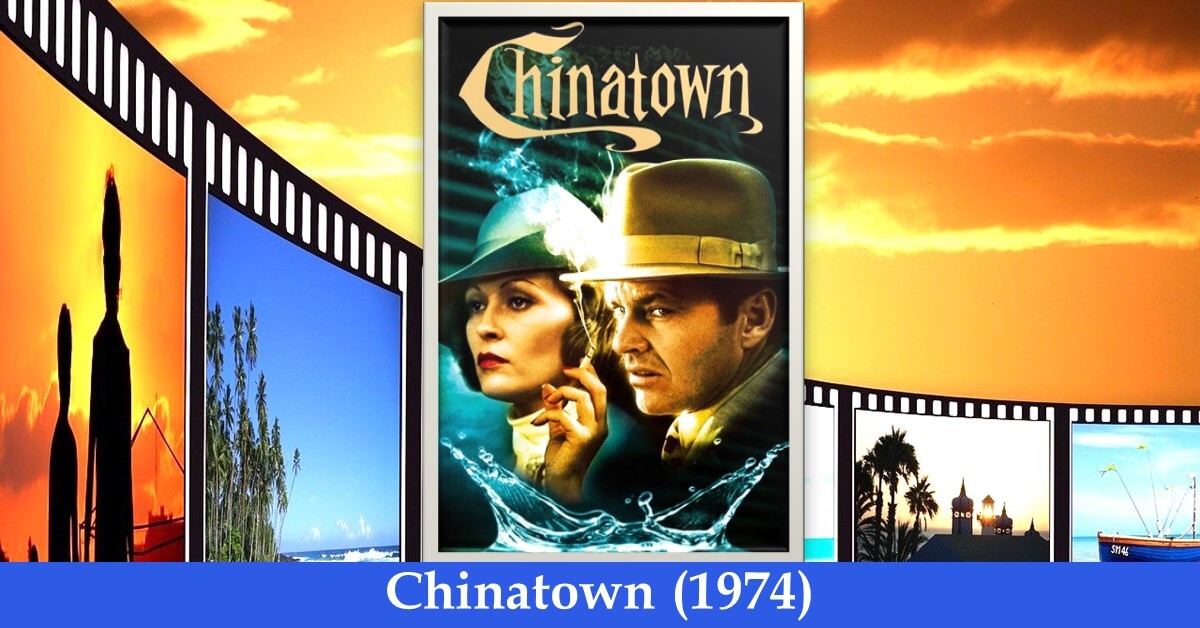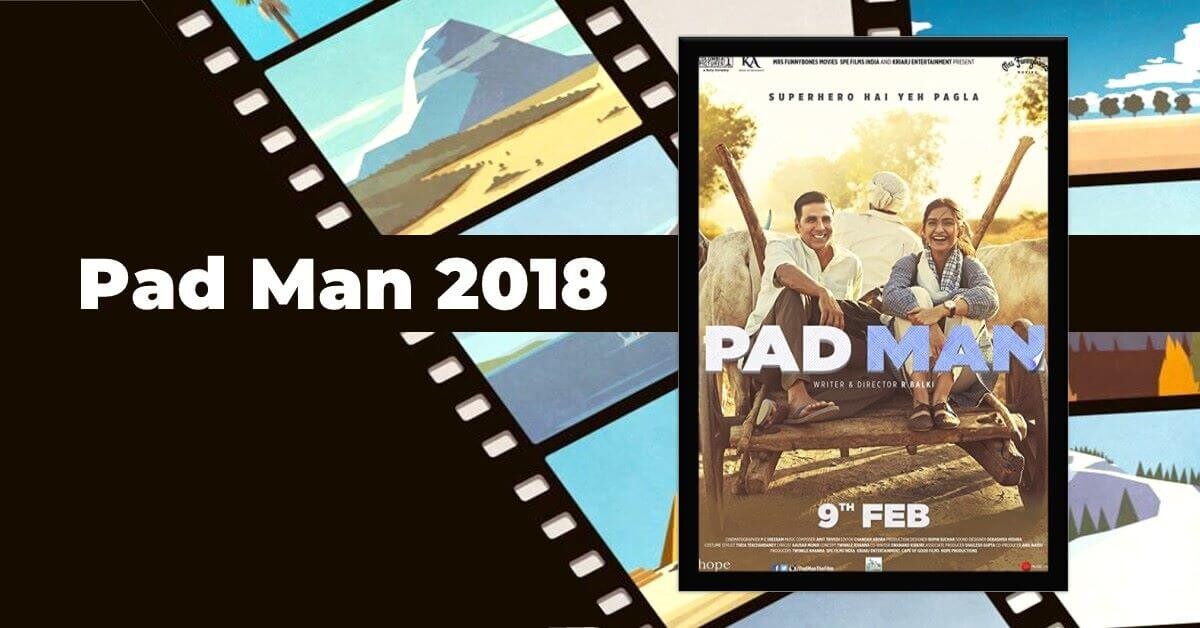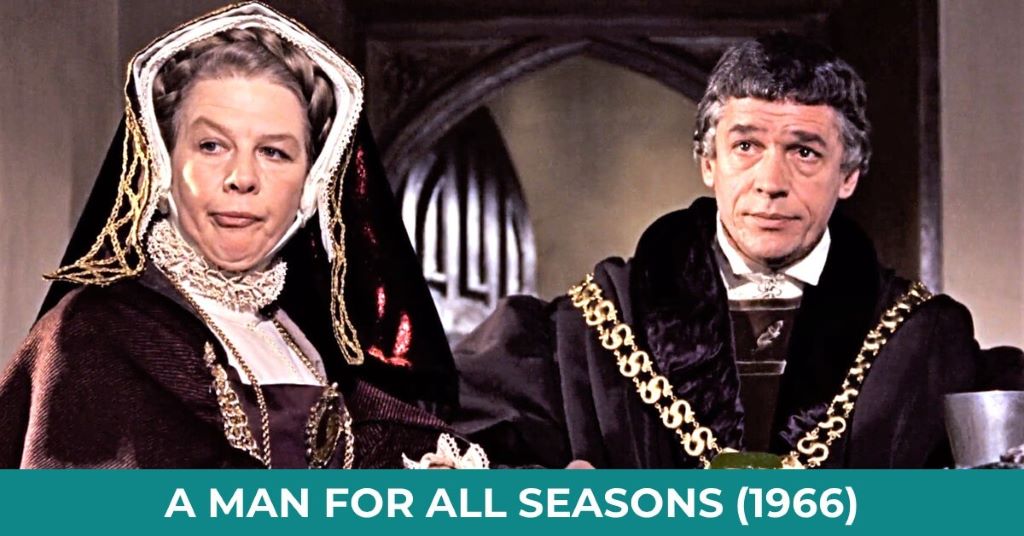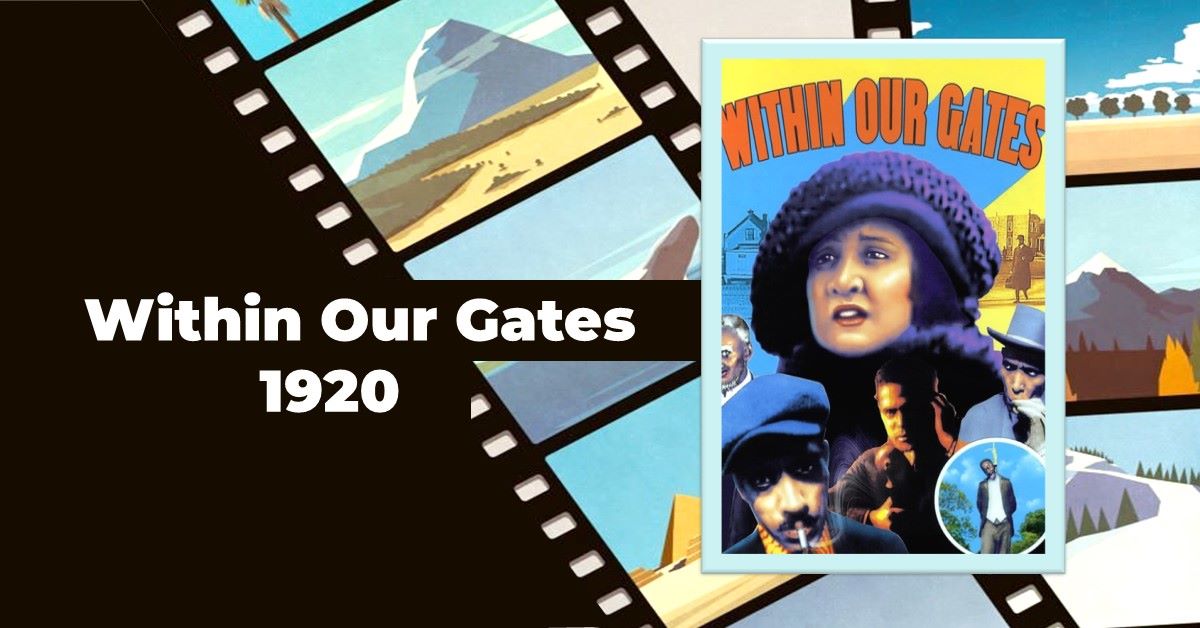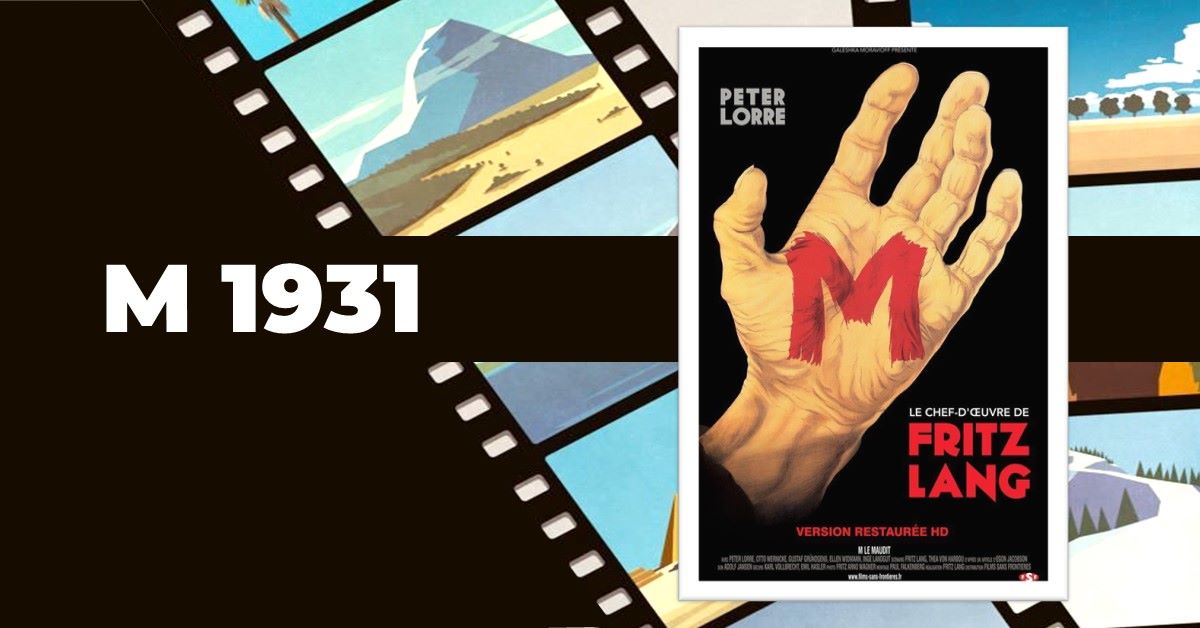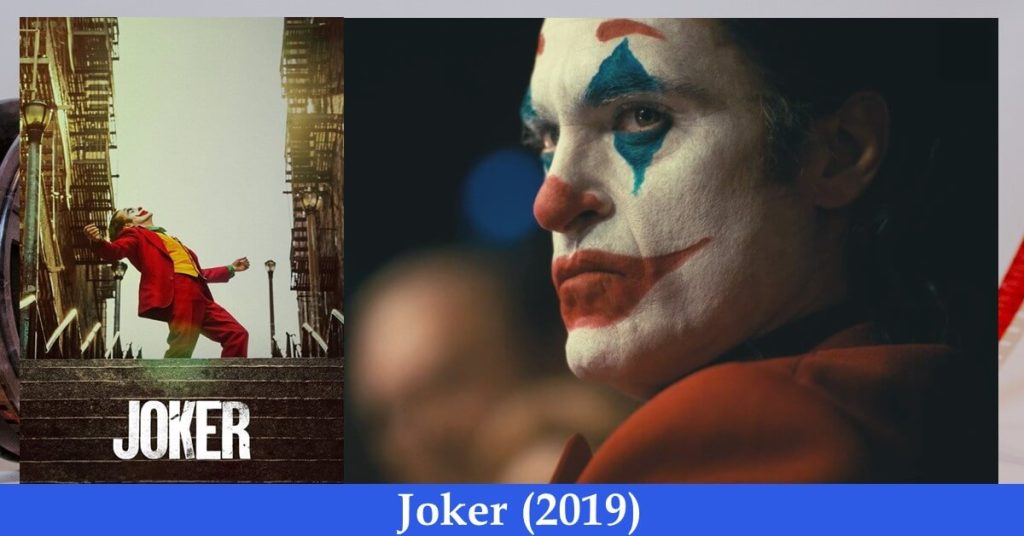Last updated on September 22nd, 2023 at 11:13 pm
Chinatown (1974) was a Roman Polanski film inspired by the true events of Owens Valley ‘Water War’ of the early 20th century. Directed by the most talented and distinguished film director Roman Polanski, Chinatown was a fictionalized account of this Water War and the water rights of the farmers and the sparked controversy over the privatisation of water by building dams. Now completely dry, the Owens River resulted in severe alkaline dust storms, causing serious ecological damage and health problems.
David Caputo writes in his Polanski and Perception: The Psychology of Seeing and the Cinema of Roman Polanski wrote, “The construction of the Los Angeles aqueduct was initiated in 1905 and completed in 1912, designed as a means of transferring water from the Sierra Nevada Mountains to the water-needy residents and farmers of the Los Angeles area. The means by which this water was divided was a matter of great controversy, which led to unrest amongst farmers. The tensions came to a head in 1924 with the bombing of the aqueduct itself.”
The river Owens River was among the first (1913) to be diverted by the Los Angeles Water and Power Department to provide water to the city of Los Angeles through the aqueduct. The aqueduct caused widespread opposition from Owens Valley residents, particularly farmers whose production was harmed by a lack of access to water.
After 13 years of the Los Angeles Water and Power Department diverting water, the Owens Valley was completely emptied in 1926 which prompted violent reactions, with opponents dynamiting the aqueduct in an unsuccessful attempt to destroy it.
Acted by Cast Jack Nicholson (as Jake Gittes), Faye Dunaway (Evelyn Mulwray), John Huston (Noah Cross), Perry Lopez (as Lou Escobar), Darrell Zwerling (Hollis Mulwray), Diane Ladd (Ida Sessions), Roman Polanski (as the man with knife), and others, Chinatown (1974) is one of the 101 best films of my watch list. The film is voted as one of the best films to watch before one dies.
Because of its historical significance, Chinatown 1974 has been added to the Registry of Films of the Library of Congress. As one of the most complicated and finest films, Chinatown has been analysed from many angles, ecologically, epistemologically, ontologically, psychologically, and of course philosophically as well.
The analysts find significance in the physical beating of Curly’s wife to correct her of infidelity and Gittes’ beating of Evelyn for eliciting the truth as the method of ‘putting things right.’ Cutting Jake’s nose by the midget as a symbol of a ‘perpetual castration’ of his movement.
Evelyn’s birthmark on the iris of her eyes as a ‘flaw’ in her life, proved when she was hot into her eye as if the flaw on her iris served as a homing device for the stray bullet. David Caputo points out that “the cause of Los Angeles’s drought is due to its incest-committing ‘ruler’, Noah Cross.
(He raped his daughter, Evelyn, who gave birth to Kathrine with whom Evelyn’s husband had an affair). But where Oedipus is impotent in the face of fate, Noah Cross’s infliction of drought on his people is quite calculated.
In Chinatown, ‘fate’ comes as the result of wielding power. Reflecting this reversal is the nature of Cross’s incestuous crime: rather than unknowingly (or subconsciously) bedding his mother, Cross intentionally mates with his daughter to produce another daughter (not sons, as in Oedipus Rex), with whom, it is insinuated, he will continue his incestuous congress.”
Many in fact opined that in a country where the law is incapable of protecting the citizen from the injustice of upper-hand people like Noa Cross, and profiteers the state is forced to bend the law to comply with their demands. Even though the police knew the activities of Noa Cross, they did nothing but assist him in getting Katherine, his daughter/granddaughter.
The highly sophisticated and full of mystery film Chinatown (1974) is one of the films that one must watch before death. The film revolves around an investigation by a private investigator resolving the mystery behind the murder of Hollis Mulwray, the chief engineer of the city’s Power and Water department.
Whether he was killed because of his stand against building an unsustainable dam after the Van der Lip dam disaster or his extramarital affairs remains a mystery. His father-in-law and partner, Noah Cross, is apparently the chief villain.
Storyline:
Chinatown
To investigate her husband’s extramarital affairs, Mrs Mulwray (not real Maulwray, Mrs Ida Sessions) came to Jake Gittes’s office. Mr Gittes was a former police officer, now a private investigator, who was previously stationed in the Chinatown of Los Angeles.
But when the newspaper published Mr Mulwray’s philandering along with the photographs he took when he found Mr Mulwray in a compromising situation with his mistress Mr Mulwray was killed. The killing was made to look like a drawing in the ocean.
Mr Gittes found himself embroiled in dual trouble when he realised that the woman who hired him to investigate her husband’s extramarital affair was not actually Mrs Mulwray who was hired to hire him on Mr Mulwray to destroy his reputation. Mr Mulwray, considering common safety and sustainability, refused to build another dam like Van der Lip.
When Van der lip dam gave up it killed over 500 people in the region. Noah Cross talked him into building it. As partners, Mr Mulwray and Noah Cross fell apart. Mr Mulwray believed the water should belong to the public.
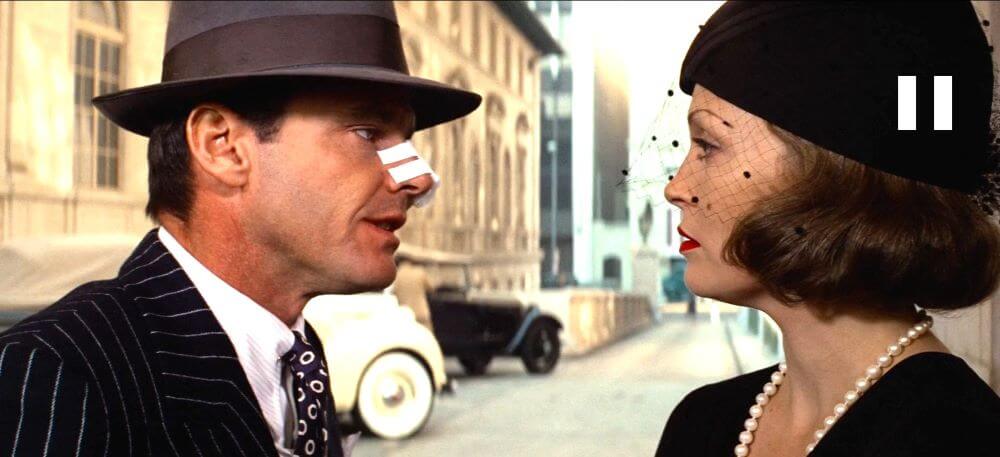
Throughout the investigation, Mr Getties discovered that the corrupt businessmen bought up 50,000 acres of farmers’ land by blowing them away in various peoples’ names cheaply, some of whom are dead already, and planning to cultivate peanuts and were building the dam that Mr Mulwray opposed.
They were planning to bring the water to the valley they bought instead of to Los Angeles where it was needed. The owners of the water supply the owners of the land to get 30 million more than what they paid for. get more money from the steady supply of water for irrigation.
Gittes found out that Mulwray was killed because he found out that the owners of the reservoirs were dumping water at night to the nearby orange groves while the city was in draught. Most dramatically the water authority is seen experimenting with diverting large quantities of treated fresh water by night up to the Orange Groves.
This unnatural and forced movement of water is only discovered when trying to explain why a number of Los Angeles citizens have died right under Hollenbeck Bridge by drowning while the river was as dry as bone.
When Gittes met Noah Cross who hired Ida Sessions to hire him, he revealed to that Evelyn made contacted with him to find out the killer of her husband. But Mr Cross offered him double the salary than her daughter to find out the girlfriend of deceased Mulwray. One night Mr Gittes followed Evelyne to an apartment secretly where he saw Mulwray’s mistress, Kathrine, in a room comforted by Evelyn, upset about his death.
While Mr Gitted confronted Evelyn as to why she was holding her captive, she said Katharine was in fact her daughter and sister at the same time. She said that her father raped her when she was 15, but she got jealous when he got involved in philandering with Katherine, while she was a femme fatale.
To help Evelyn and Kathrine escape to Mexico, Mr Gittes had sent them first to Chinatown where he was to meet them and remained at Evelyn’s residence.
Afterwards, when Mr Gittes informed Mr Cross that he has found Mr Mulwray’s mistress and called on to Mrs Evelyn’s residence, Mr Cross was revealed that he had killed Mr Mulwray by drowning him in the pond of the residence, and left his broken bifocal inside the pond, as evidence.
At gunpoint, Mr Cross told him to take them to Katherine, who was waiting in Chinatown with her mother, Evelyn.
When reached Chinatown with Mr Cross he saw his associates were arrested by Lieutenant Lous Escobar, was waiting to arrest him too. Without giving him a chance to explain himself, Lou arrested Mr Gittes, instead of Mr Cross who was the mastermind of the crime.
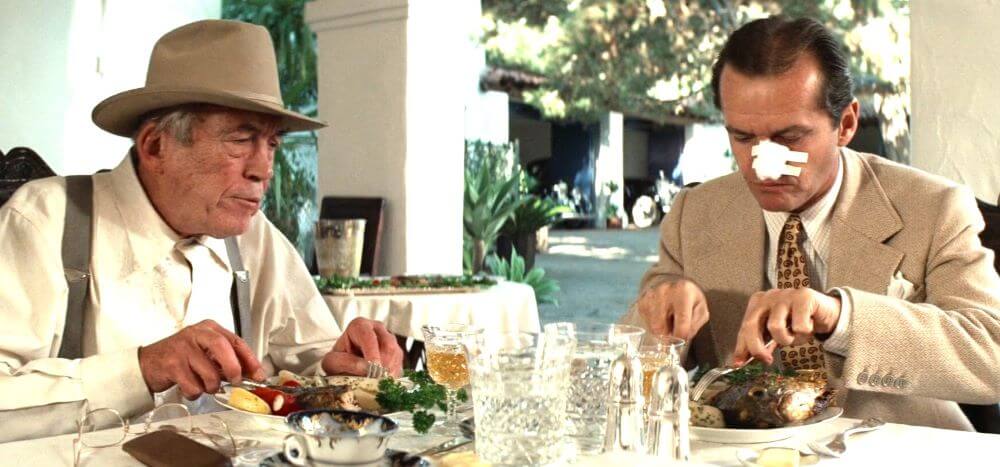
Evelyn was killed in a shootout with police when she was trying to escape to Mexico with Katherine and refused to let her go with Mr Cross in Chinatown of Los Angeles. Mr Cross argued that Katherine is not her alone, but Evelyn said she must not know that. At gunpoint when Evelyn deterred Cross from reaching Catherin and was fleeing in a car the police shot to stop her but only to kill her at a little distance. Mr Cross can get away with anything.
Water Scarcity and Chinatown 1974
The water back-story is focused on contentious planning concerns around management and resource allocation, which remains privileged throughout the film and is more relevant than ever in current times.
Meanwhile, more pragmatic-minded agents like Mulwray’s partner Cross, who is not concerned in any way with the so-called public good, much less taking on board other environmental considerations, find an unscrupulous way of bringing the city to the water source, by extending the catchment area out as far as the Orange Groves, miles away from Los Angeles.
Irrespective of the Oedipal relationship between Mrs Evelyn and Mr Cross, Chinatown (1974) is a historically significant film. Because it shows the importance of water for the population to thrive. The scarcity and privatisation of water led to systemic corruption in Los Angeles. It adequately shows how water can become the next oil in industrial society. True that excessive emission of CO2 causes climate change which in turn will make water even more scarce in the future.
IPCC Sixth Assessment Report defines, “water scarcity can be broadly described as a mismatch between the demand for fresh water and its availability, quantified in physical terms. Definitions of water scarcity have evolved to take account of a broader set of factors.
For example, physical water scarcity indicates that an insufficient quantity of water is available to meet requirements Water security/insecurity is a broader concept with definitions beyond physical water scarcity, encompassing access to water services, safety from poor water quality and flooding, and appropriate water governance that ensures access to safe water.”
According to the UN Population report, the current population will reach 8.5 billion by 2030, 9.7 billion by 2050 and 10.9 billion by 2100, and so will the water sacristy. World Meteorological Organization estimates that, from 2000-2019, drought affected 1.43 billion people. Between 1970 and 2019, 11,072 disasters have been attributed to weather-, water-, and climate-related hazards, involving 2.06 million deaths. In this period, droughts and floods were, respectively, the deadliest and most costly hazard events after storms.
Moreover, water is much more valuable than oil because water is integral for agriculture, human settlement, health, and energy and industry. People may live without oil, but not without water. Water wars have been among us for a long time. With an increasing demand for the growing population, the life of species on the surface of Earth is getting harsher.
The United Nations World Water Development Report 2022 shows that the scarcities and hazards related to water will increase in future. “The global volume of liquid freshwater (less than 1% of all water on Earth in liquid, frozen or vapour form) is estimated to be 10.6 million km.
The research further says, “Freshwater withdrawal from streams, lakes, aquifers and human-made reservoirs has increased strongly during the last century, and is still increasing in most parts of the world. The rate of increase was especially high (around 3% per year) during the period 1950–1980, partly due to a higher population growth rate, and partly to rapidly increasing groundwater development, particularly for irrigation.”
IPCC Sixth Assessment Report estimates that “Currently, roughly half of world’s ~8 billion people are estimated to experience severe water scarcity for at least some part of the year due to climatic and non-climatic factors”, and “s, it is estimated that 4 billion people live under conditions of severe water scarcity for at least one month per year.”
To eradicate water scarcity, we must be careful with water use and intentional enough to help mitigate CO2 emissions by our actions. Regarding the climate change impact and water resources, I will write a review piece based on UN-Water Assessment and IPCC water Assessment Report.
Conclusion
While Noah Cross was indeed given the chance by Mr Gittes to defend himself at Evelyn’s residence came to collect Katherine, he said, “most people never have to face the fact that at the right time and right place, they’re capable of anything”, making himself one of the few unambiguously ‘evil’ characters in Polanski’s cinema.
Noa Cross revealed to Gittes the ugly truth of human fatality. When he says, “Politicians, ugly buildings, and whores all get respectable if they last long enough,” he reminds us that a bad facet gets recognition and gets respectable in the long run. One just has to sustain by any means possible.
To go back to the background of the film, one has to agree with the history that, “the construction of the Los Angeles aqueduct was initiated in 1905 and completed in 1912, designed as a means of transferring water from the Sierra Nevada Mountains to the water-needy residents and farmers of the Los Angeles area.
The means by which this water was divided was a matter of great controversy, which led to unrest amongst farmers. The tensions came to a head in 1924 with the bombing of the aqueduct itself.”
Whatever one may expect to learn from Chinatown (1974), whether history, psychology or philosophy or the very latest relevance with climate change and water scarcity, it is one of the most significant films in cinema history. In the journey of Gittes to find the truth behind a killing, he stumbled to know that truth is buried under lawlessness and corruption.
Further readings:
- Polanski and Perception: The Psychology of Seeing and the Cinema of Roman Polanski by David Caputo
- Scholarly article: Environmental Ethics and Energy Extraction: Textual Analysis of Iconic Cautionary Hollywood Tales: Chinatown (1974), There Will be Blood (2007), and Promised Land (2012)
